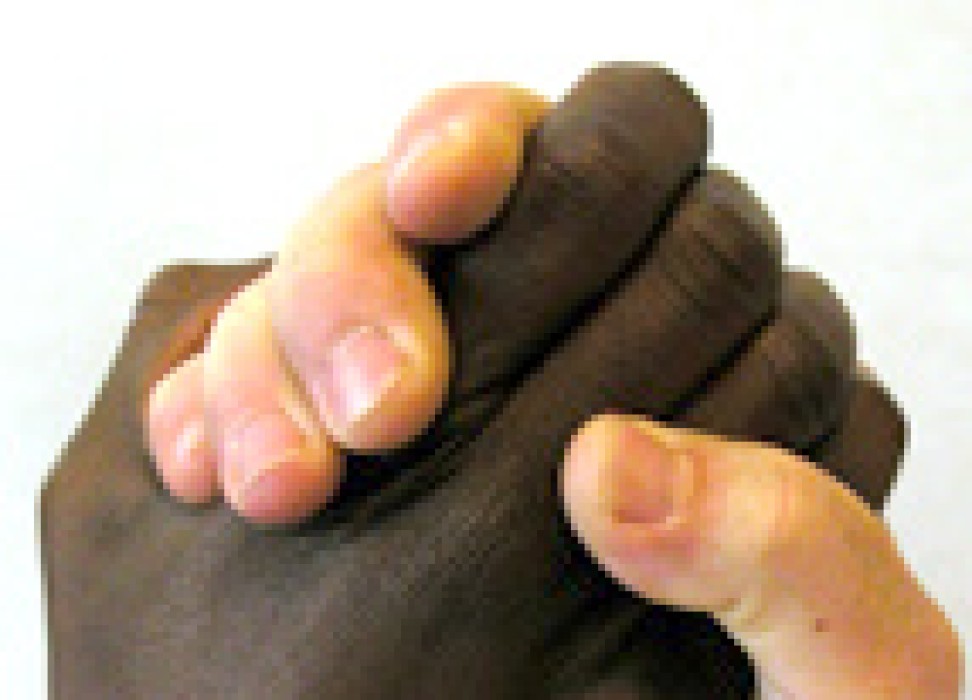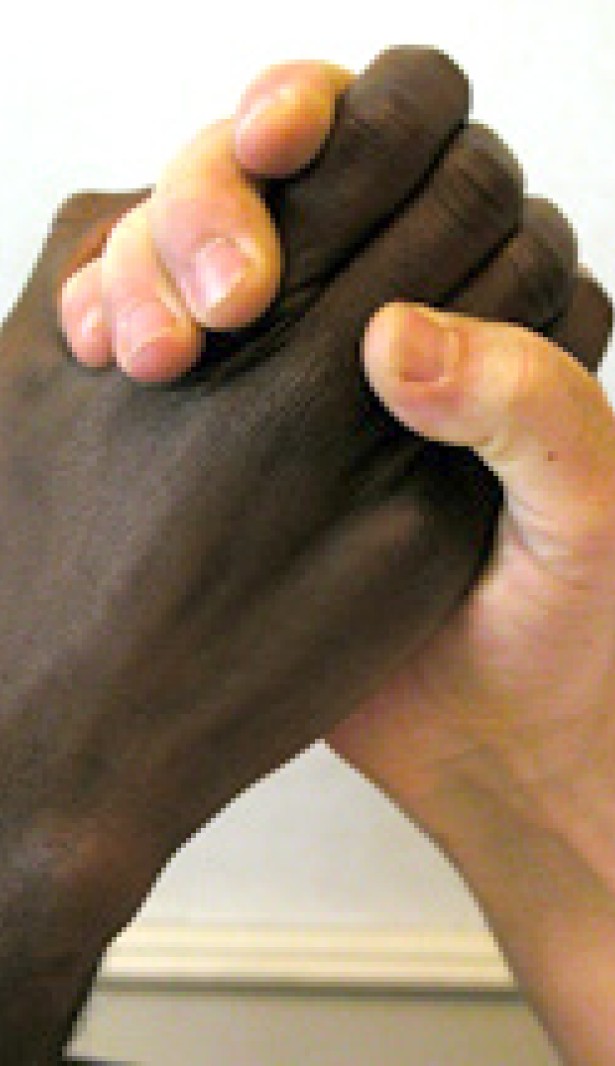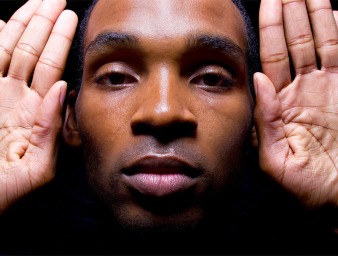Mandela: an exemplary citizen with a steadfast belief in human rights
28 September 2012

“The life of Nelson Mandela is a true testimony to what can be achieved with strength of character and personal commitment both in the lives of individuals and of nations,” said UN Human Rights Chief Navi Pillay in her address to the UN Human Rights Council.
“Nelson Mandela devoted his life to humanity,” she said. ”His most important legacy must be his ability to build the institutions of a true democracy and to remain a uniting figure in a racially diverse country,” she added.
In November 2009, the United Nations General Assembly declared 18 July "Nelson Mandela International Day" to be observed annually from 2010 in recognition of the former South African President’s contribution to the culture of peace and freedom.
Mandela is an “exemplary global citizen with a steadfast belief in justice, human rights and equality, who reconciled with his most ardent persecutors and those who had incacerated him for almost three decades,” Pillay said.
At the request of the Council and drawing inspiration from the life and actions of Mandela, the UN Human Rights Office in collaboration with the Permanent Mission of South Africa, recently organized a panel discussion about the importance of the Day and the values it transmits.
The panel provided examples of how the promotion and protection of human rights has been or could be advanced by the principles of reconciliation, peace, freedom and racial equality.
Pillay said that the panel honoured a leader “that remains unique in his ability to achieve what all human beings aspire for and cherish.”
Francis Gurry, Director-General of the World Intellectual Property Organization, said that there were two teachings “embodied in the life and actions of Nelson Mandela” that were relevant to the world of multilateralism: the profound and sophisticated ethic of Ubuntu and the need to deal with opposites. Ubuntu, according to Archbishop Desmond Tutu, is the idea that one could not exist as a human being in isolation but through interconnectedness.
Gurry quoted a paragraph from Mandela’s autobiography Long Walk to Freedom, “I knew as well as I knew anything that the oppressor must be liberated just as surely as the oppressed. A man who takes away another man's freedom is a prisoner of hatred. He is locked behind the bars of prejudice and narrow-mindedness.” “In multilateralism” said Gurry, “inclusiveness, outreach, dialogue, flexibility” are imperatives. “However”, he added “multilateralism is challenged by its incapacity to deal with opposition and opposites.“
“It is very difficult to talk about President Mandela,” said Jean-Marie Ehozou, Ambassador, Permanent Delegation of the African Union to the UN Office at Geneva. “His achievements, his commitment are so out of the ordinary,” he added, “this exceptional African politician has marked a whole country, a whole continent and the whole international arena”. He said that President Mandela was the most influential political prisoner of the twentieth century, and one of the most important African reformers whose life and values continues to inspire many.
Andries Nel, Deputy Minister of Justice and Constitutional Development of South Africa said that inspirational leaders such as Nelson Mandela “should be honoured by everyone working in whatever institution, national or multinational, by emulating, living and incorporating in institutional practice the values that guided such leaders.”
In her statement, Pillay also said that, in honouring Nelson Mandela, “we must also think of all those who have been arbitrarily detained or denied a fair trial, those who continue to suffer oppression, discrimination and prejudice.” “They must not be forgotten because they are not known,” she concluded.
28 September 2012
10th Anniversary of the Durban Declaration and Programme of Action
Committee on the Elimination of Racial Discrimination
Group of Independent Eminent Experts
Special Rapporteur on contemporary forms of racism
Working Group of Experts on People of African Descent
Working Group on the effective implementation of the Durban Declaration and Programme of Action

VIEW THIS PAGE IN:



